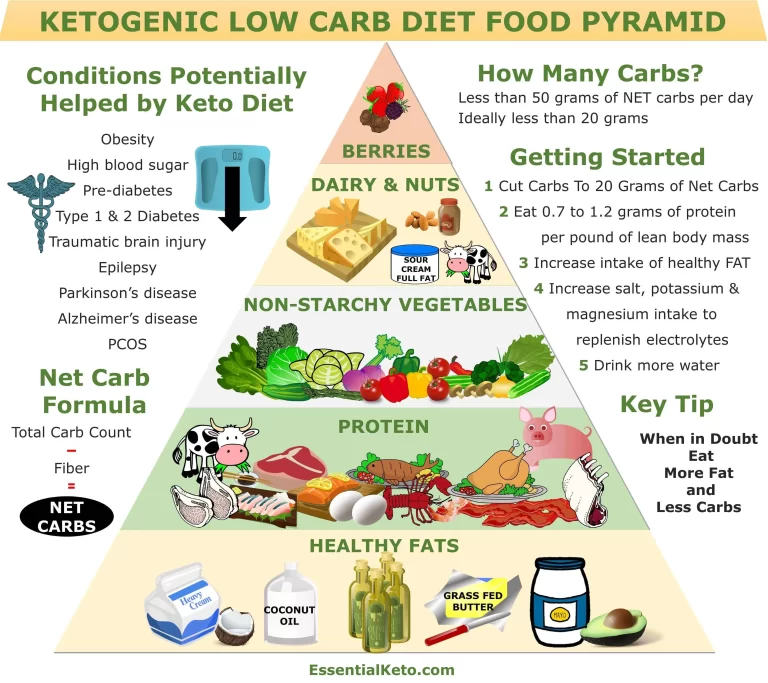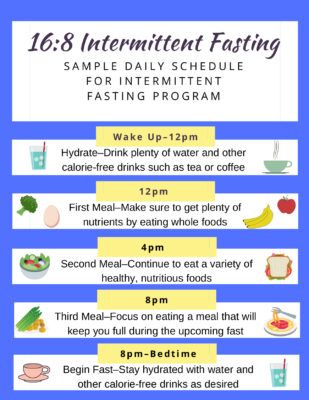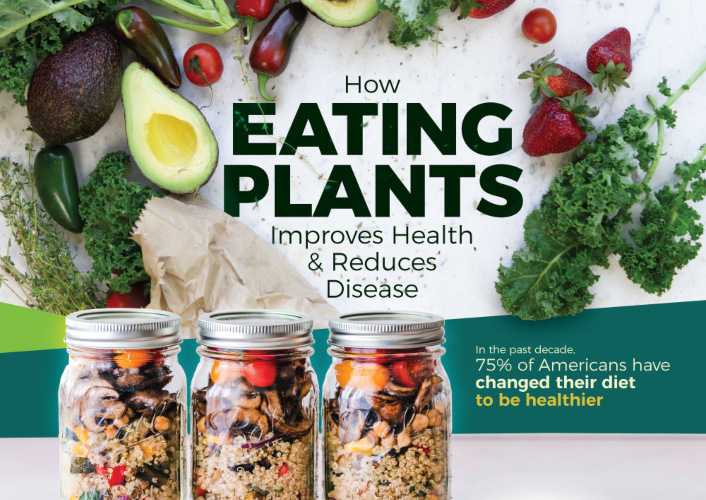Many individuals” width=”260″ height=”346″>
Crash dieting has become a popular trend in today’s fast-paced society where people are constantly seeking quick fixes and instant results. However, there are several myths and misconceptions surrounding crash dieting that need to be addressed. In this article, we will debunk some of these common myths and shed light on the truth about crash dieting.
Myth #1: Crash dieting is an effective long-term weight loss solution
Many individuals turn to crash diets in hopes of shedding rapid pounds and achieving their desired weight goals. However, crash dieting is not a sustainable or effective long-term weight loss solution. When you drastically restrict your calorie intake, your body goes into survival mode and slows down your metabolism. As a result, your body starts to conserve fat and burn muscle instead. Once you resume a regular eating pattern, the weight lost during crash dieting is often quickly regained.
Myth #2: Crash dieting leads to permanent fat loss
One of the biggest misconceptions about crash dieting is that it leads to permanent fat loss. While crash diets may help you lose weight in the short term, most of the weight loss comes from water and muscle mass rather than fat. Losing muscle mass can be detrimental to your overall health and can make it harder to maintain your weight in the long run. In order to achieve permanent fat loss, it is important to adopt a balanced and sustainable approach to nutrition and exercise.
Myth #3: Crash dieting is a quick fix for body image issues
Many individuals turn to crash diets as a quick fix for their body image issues or to fit into a specific outfit for a special occasion. However, crash dieting can create an unhealthy relationship with food and can lead to disordered eating patterns. It is important to focus on embracing a healthy body image and making lifestyle changes that promote long-term well-being rather than relying on crash diets as a temporary solution.
Myth #4: Crash dieting is safe for everyone
Crash dieting involves severe calorie restriction, which can have serious health consequences for certain individuals. It is not safe for everyone, especially those with underlying medical conditions such as diabetes, heart disease, or hormonal imbalances. Before embarking on any drastic dieting measures, it is important to consult with a healthcare professional to ensure that it is safe and appropriate for your individual circumstances.
Myth #5: Crash dieting is the only way to kickstart weight loss
While crash dieting may seem like the quickest way to kickstart weight loss, it is not the only solution. There are various other ways to jumpstart your weight loss journey without subjecting your body to extreme calorie restrictions. Gradually making healthy changes to your diet, such as incorporating more fruits and vegetables, reducing processed foods, and increasing physical activity, can have a positive impact on your weight loss goals.
Myth #6: Crash dieting improves overall health
Contrary to popular belief, crash dieting does not improve overall health. In fact, crash diets can lead to nutrient deficiencies, which can negatively impact your immune system, bone health, and energy levels. A balanced and varied diet that includes all essential nutrients is crucial for maintaining optimal health. Instead of focusing solely on weight loss, it is important to prioritize overall well-being and nourishing your body with wholesome foods and regular exercise.
Myth #7: Crash dieting is a sustainable lifestyle change
One of the biggest myths surrounding crash dieting is that it can be a sustainable lifestyle change. However, crash diets are often unsustainable and can cause a cycle of yo-yo dieting. Rapid weight loss followed by weight regain can have negative impacts on your mental and physical health. Instead of resorting to extreme measures, it is important to adopt gradual and sustainable lifestyle changes that you can maintain in the long run.
In conclusion, crash dieting is not the answer to long-term weight loss and overall well-being. The myths surrounding crash dieting can be misleading and often perpetuate unhealthy behaviors and attitudes towards food. Instead, focus on adopting a balanced and sustainable approach to nutrition and exercise that promotes a healthy body image, nourishes your body, and supports your long-term goals.








